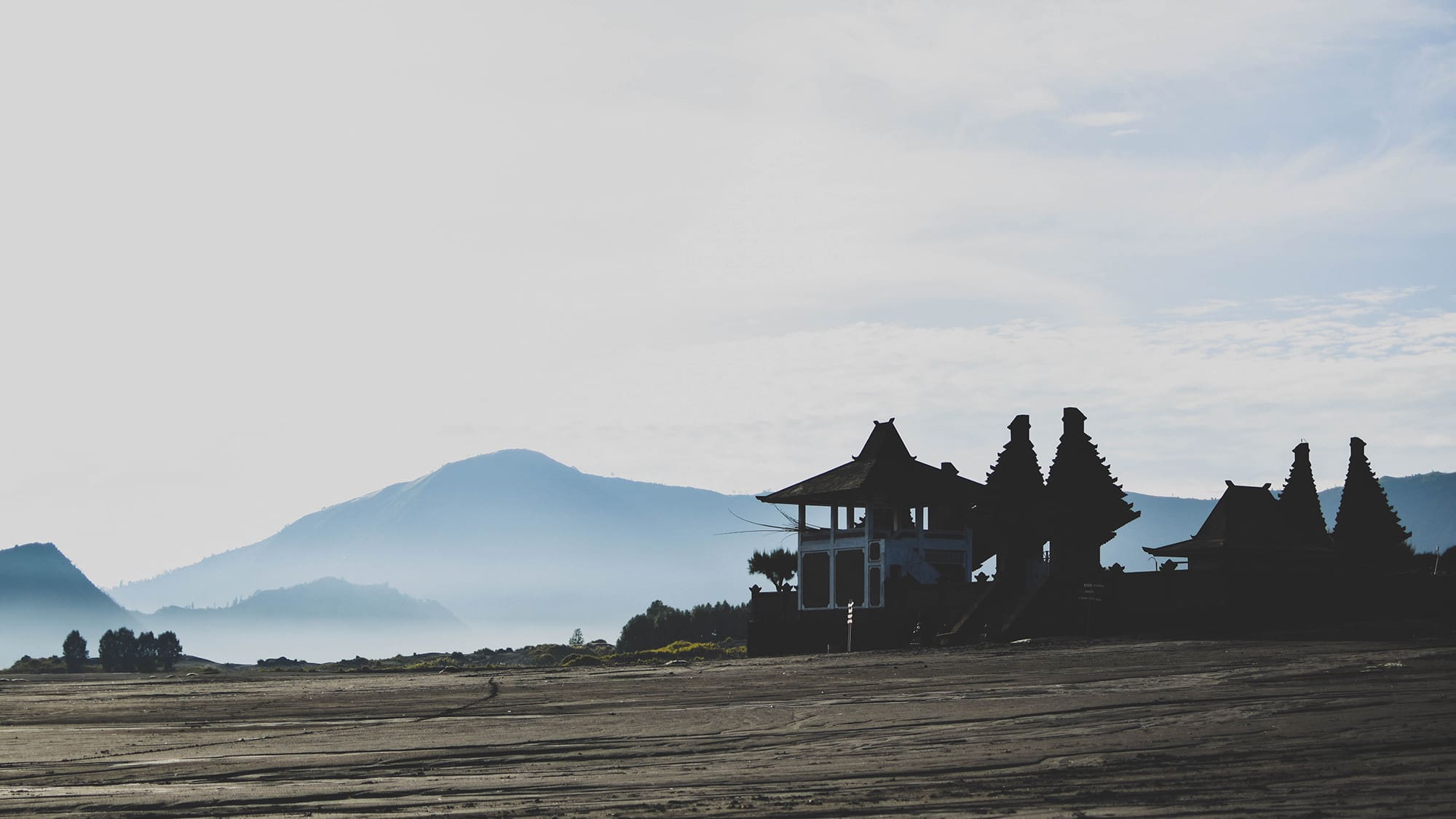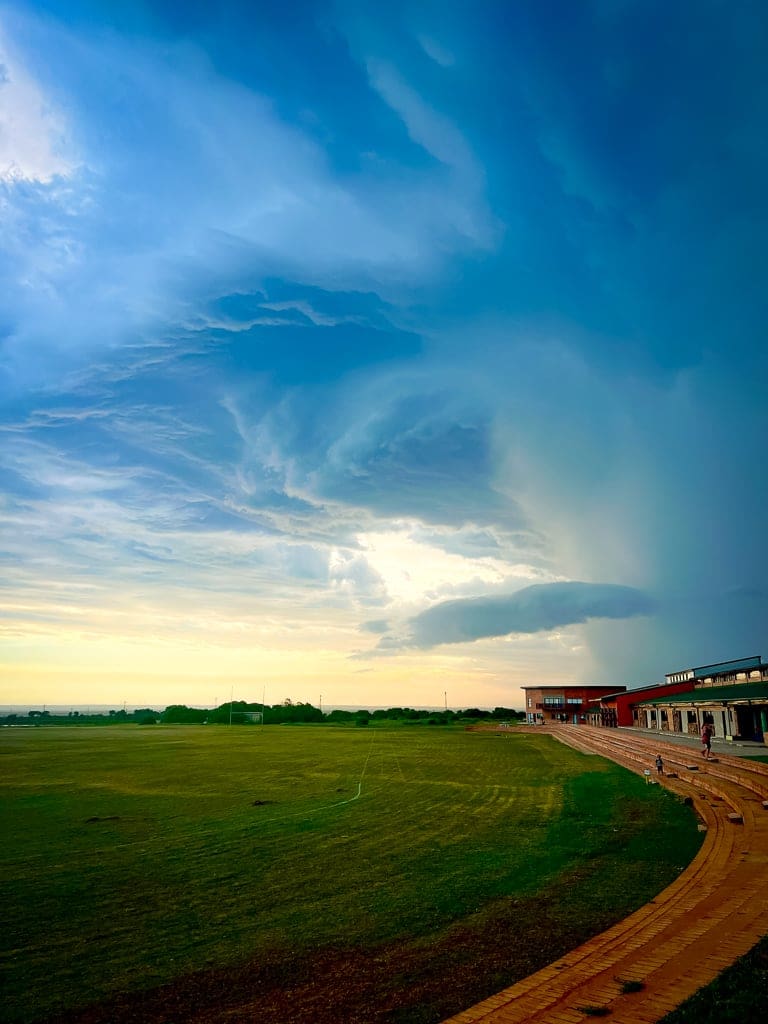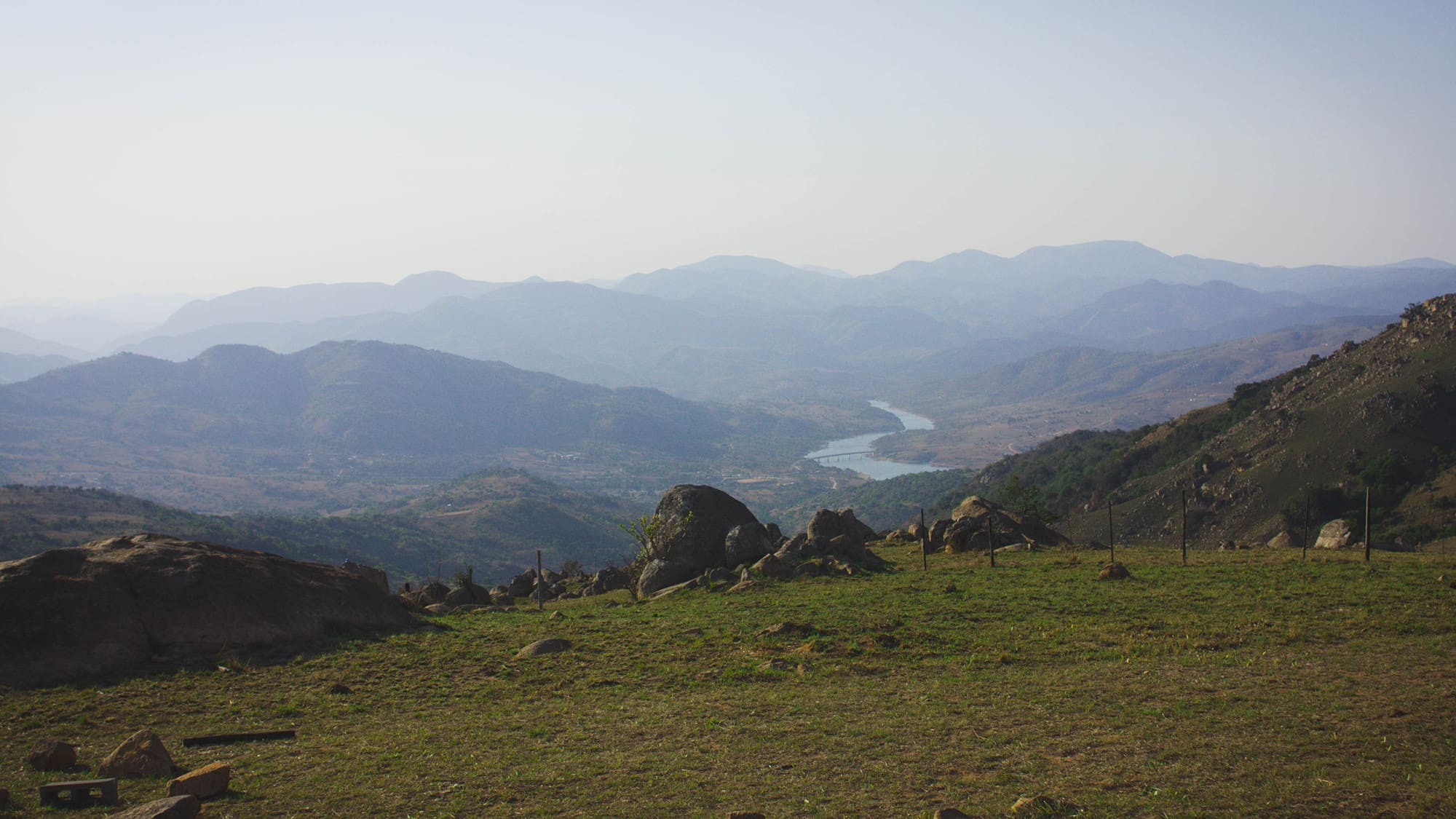We know gear and packing is a major question when preparing for your Outreach trip! Check out this blog for specific suggestions, packing requirements and suggested resources.
Note: 1-4 Month Outreach opportunities may not be required to purchase all of these items.
Starter Gear to Consider
Tents:
As you begin to process of getting gear, here are some things to keep in mind when looking for a tent to avoid letting it fly away:
Free standing: get a tent that is specifically free standing. You might find yourself needing to pitch your tent on concrete or other hard surfaces that won’t be able to take a stake. Make sure that your rain fly also doesn’t need to be staked in the ground.
Size: get a 2-person tent. (For married couples, a 3-person tent). You’ll need enough space for you and your pack.
Weight: aim for less than 5 pounds. The less your tent weighs, the more underwear you can pack!!
Footprint: get a tarp or footprint designed specifically for your tent. It extends the life of your tent and can help prevent flooding on rainy days.
Brands: common brands are REI, Kelty and Marmot. Don’t forget to shop the sales!
Sleeping Gear:
How to choose your sleeping gear for the year:
Sleeping pads: this will be your bed for the year. Don’t underestimate the value of a good night’s sleep, but think practically as well. There are tons of brands that are for all different kinds of sleepers. Do your research and try sleeping on your sleeping pad at least once before you launch!
Headlamp: get one. It’ll be helpful when you need to walk to the bathroom in the middle of the night or play cards after dark when you have no electricity.
Sleeping bag: there is mummy versus non-mummy and synthetic versus down.
-
Mummy versus non-mummy: mummy sleeping bags give more warmth, but this is all personal preference. Think about getting a 0-30 degree sleeping bag.
-
Synthetic versus down: synthetic fillers are heavier and won’t pack down as easy, but it’s no problem if they get wet. Down fillers are lighter and pack smaller, but they can be hard to deal with if they get wet.
Sleeping bag liner: a multipurpose item. It can serve as your sleeping bag in months where it’s too warm, or a sheet inside of your real sleeping bag for more warmth. It’s much easier to wash than a sleeping bag and helps keep your sleeping bag clean. It can also double as a room divider, towel or toga.
Pillows: There are a ton of travel pillow options out there - some racers opt for the Therm-a-Rest Compressible Pillow because it can compress down and is easy to carry, especially on travel days. Some racers also opt to bring a pillow from home for comfort. Don’t forget to bring one or two pillow cases! (Tip: pillow cases can also double as laundry bags)
Packs:
You'll need a good pack to take with you on your 9 or 11 month trek around the globe. Here are some tips and tricks on picking a good pack:
Frame: get a pack with an internal frame. It’ll save you from a trip to the chiropractor.
Size: a good sized pack is between 50L and 70L. The smaller the pack, the less things you’ll be tempted to carry. Just trust us - if you have the space, you’ll fill it.
Fit: packs come in small, medium and large and refer to the size of the hip bands and straps. Go to the local outdoor store to get fitted for the right pack.
Loading: front loading packs are helpful when you are having to pack and unpack your things all the time.
Day packs: get a pack that is 12L to 20L to hold your technology, toiletries on travel day (think toothbrush and deodorant after a 50 hour bus ride) and other essentials. A smaller day pack will make travel days easier. Many people use a standard backpack.
Airporter or Pack Converter: These pack covers help protect your bag on travel days and flights. All those straps, flaps, and zippers are a tearing hazard on the baggage belt, and you want your pack to last for the long-haul!
Baggage Expectations - Size and Weight Requirements
Airline allowances and baggage fees vary amongst airlines around the world . Here is our recommendation to ensure you don’t need to personally cover any out-of-pocket fees!
-
Checked Baggage
-
40lb or less will be safe on all flights
-
Between 40lb-50lb: with some airlines, this could put you over the weight limit. You, the participant, would be responsible for the extra cost.
-
Carry-on Luggage - These vary drastically across the board but to be safe here are some dimensions to go by:
-
1 Carry-on/Personal Item: 15 x 11 x 8
-
Total weight 15lbs
-
Additional items (guitars, extra bags): you, the participant, will be required to cover all additional expenses
A Recommended Resource
For deals on gear, check out Wanderlust Outfitters! This Christian-owned speciality outdoor store, managed by alumni racers, has the heart to help racers find affordable, purposeful, durable gear. Not only do they provide name-brand gear at discounted prices and understand your needs for the race, but they also give World Racers a discount!
Visit their racer-specific page here, and use ADVENTURES20 for 20% off all regularly-priced gear!
Have more questions? Feel free to reach out to adventure@wanderlustoutfitters.net!





